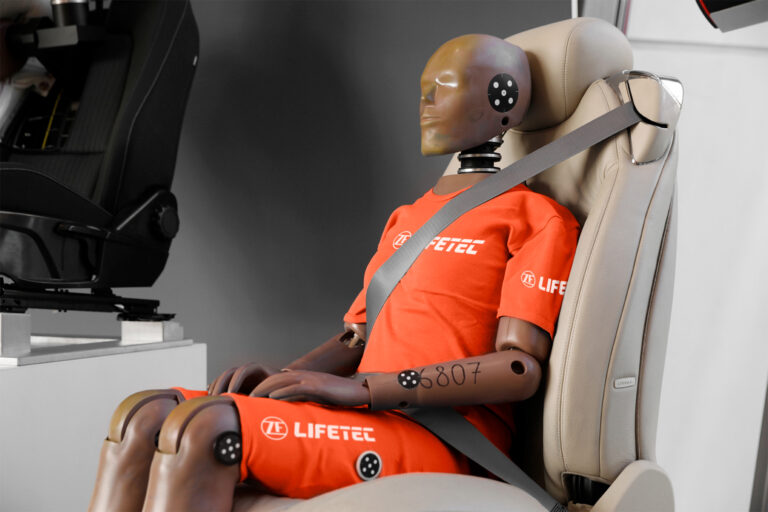Kieran O’Regan, COO and co-founder, About:Energy, believes that virtual prototyping and digital modeling are the key to building better batteries, cells and systems.
The automotive industry faces immense challenges in its transition to electrification. Currently, physical prototyping and testing is used widely by the industry to determine critical performance factors regarding charging rates, thermal behavior, lifetime and safety. However, this is costly and time intensive and has bottlenecked innovation cycles.
Simulation has been used in the automotive industry for decades, particularly in chassis design, offering cost-effective alternatives to prototyping. Parameters such as the densities and mechanical properties were easier to measure so simulation was used effectively. However, this success is not easily replicated to battery pack designs. Obtaining the necessary data for accurate battery simulation is difficult, requiring extensive testing over months or even years to understand the characterization of cells to determine the thermal and electrical properties in various conditions.
Recently, Lucid Motors revealed it has invested years and £10m (US$12.65m) in testing in order to make optimal decisions in battery pack programs with the required data and simulation. Not every company can afford the cost and time needed before bringing profitable products to market. So a huge barrier exists for companies needing to effectively leverage simulation in battery management systems, thermal management or warranty design.
This is where virtual tools have emerged as a vital solution shaping the future of battery development. By providing advanced modeling and data analytics, these digital tools unlock major time and cost savings while accelerating the quality and competitiveness of battery-powered products.
At About:Energy our goal is to arm companies with the data they need to build better batteries and accelerate development timelines by reducing reliance on physical testing. Our software platform, The Voltt, aims to eliminate the need for costly in-house battery testing by giving engineering teams direct access to advanced battery intelligence. It integrates both virtual models and data from physical cell testing to give users unprecedented visibility into critical design choices across areas such as cell selection, thermal design and state-of-charge estimation.
The advantages of using digital tools also extend beyond automotive into any industry developing battery-powered devices. Industries such as consumer electronics, aerospace and energy storage can all benefit from virtual prototyping to enhance performance and reduce costs. Also, the inherent power of data is that the more data we have, the more accurate we can predict outcomes, which is another reason why digital tools will play a big role in the future of battery innovation.
As the industry continues to electrify beyond automotive and to smaller companies in industries such as maritime, e-mobility and aviation, demand for better, cheaper, safer batteries will continue to rise. Virtual prototyping is paving the way for faster innovation by giving companies the data and visibility they need to optimize designs and accelerate timelines.
Battery simulation is extensively used in the automotive sector and the future will likely see virtual and physical testing co-existing. Virtual tools fundamentally transform early-stage design and decision making, but implementation often comes with substantial cost and time investments.
Therefore, there’s an opportunity to enhance efficiency for large companies while also unlocking the technology for smaller companies that is currently out of reach. This shift could significantly increase battery innovation for the industry and accelerate electrification, making the journey smoother and more accessible for all players involved.


